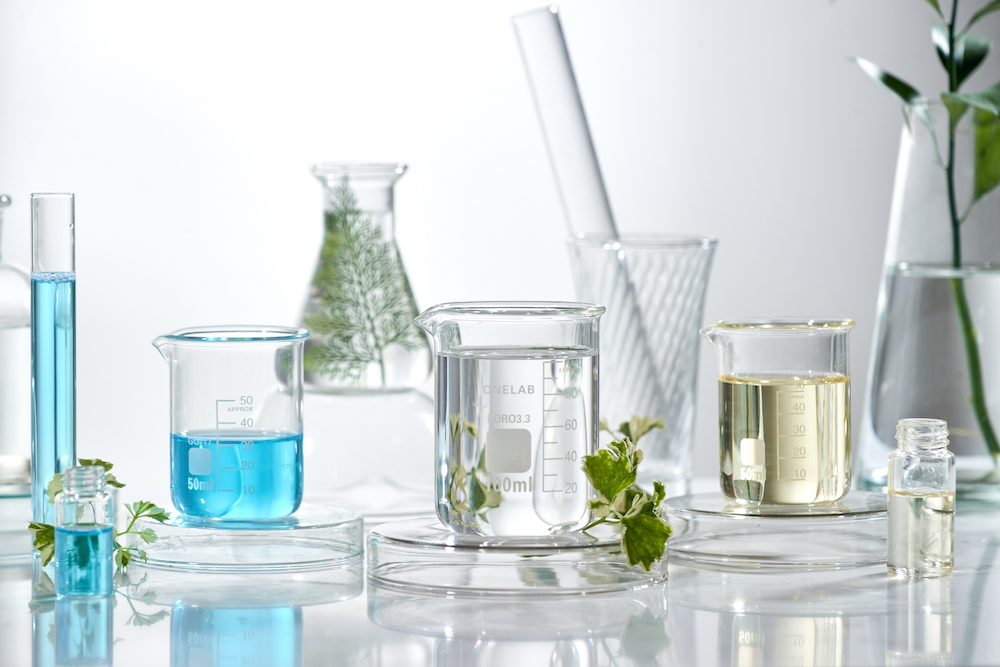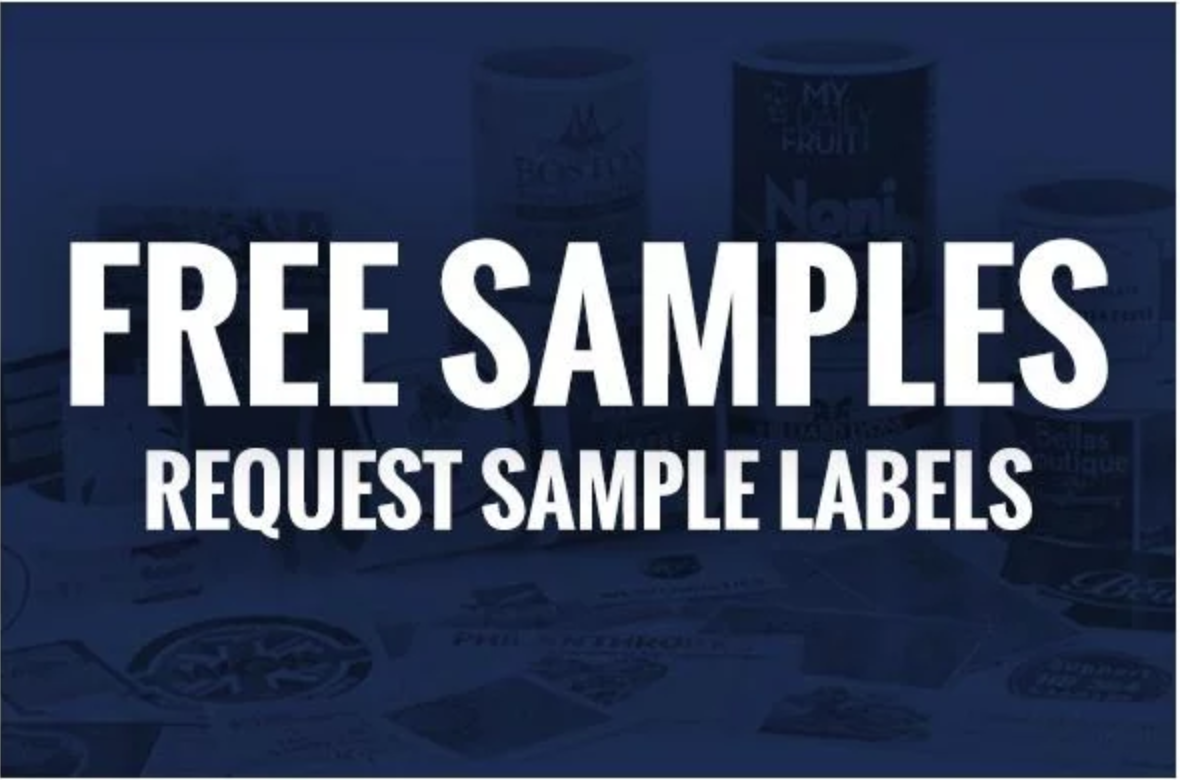Personal care products can be categorized and regulated as cosmetics, but not all personal care products are cosmetics and not all cosmetics are personal care products. While all of these products can be found in the same health and beauty aisle at drug stores, the FDA regulates cosmetics, personal care products, and consumer products differently.
Cosmetics include anything that is topically applied to improve appearances. These products and what they’re made of, excluding color additives, are not subjected to FDA premarket approval. However, according to the FDA, “cosmetic companies have a legal responsibility for the safety of their products and ingredients.”
Cosmetics can also be categorized as drugs and in that case, their ingredients are regulated by the FDA. Acne treatments and moisturizers and makeup with sunscreen are considered both cosmetics and drugs and are either pre-approved by the FDA or must conform to special regulations.
Because the FDA doesn’t regulate cosmetics, both the company and consumers have to be educated and protect themselves. Consumer education is a massive movement and regulations for cosmetic labeling are incredibly detailed. Here’s what you need to know about how the FDA regulates cosmetics.

FDA Regulations For Cosmetics
If you’re a manufacturer of cosmetics, the FDA has created step-by-step guidelines for laws, type sizes, and everything about how ingredients should be displayed. Cosmetics must abide by the Federal Food, Drug, and Cosmetic Act as well as the Fair Packaging and Labeling Act. All written, printed, or graphic matter that is on or accompanies a product is considered part of the labeling and therefore also falls under these rules and regulations.
Principal display panel must include the name of the product, its use, and the net quantity in terms of weight, measure, numerical count or a combination of those. Following that, the list of ingredients must be clear and visible so that consumers can read the list of ingredients before purchasing.
The FDA prohibits the marketing of adulterated or misbranded cosmetics in transactions that cross states. Since the majority of cosmetic manufacturers sell their products across the nation, they are subjected to many regulations regarding their product composition and the honest labeling of the product.
What Consumers Need To Know About Cosmetic Regulation
While consumers might be disappointed to know that ingredients aren’t regulated, they can rest assured knowing that there are heavy cosmetic labeling regulations so what you read on the label is accurate. This allows you to make educated decisions and support companies that align with your values.
Here’s a quick rundown of the ways the FDA does and does not regulate cosmetics:
- The FDA is not authorized to order recalls of cosmetics
- They can pursue charges through the Justice Department
- Imported products are subject to review
- FDA can and does inspect cosmetic manufacturing companies
There are waves of organic and vegan products coming out as consumers are pushing corporate responsibility and seeking companies that reflect their personal values. Ethically sourced ingredients and labels that say no animal testing are both huge buzzwords in the cosmetic industry right now.
Consumers are paying more attention than ever and it’s up to cosmetic companies to take their customers feedback and make necessary changes to better their products.
If you’re new to Louisville Label, check out our FAQ page and for all of your labeling questions and needs, contact us.

